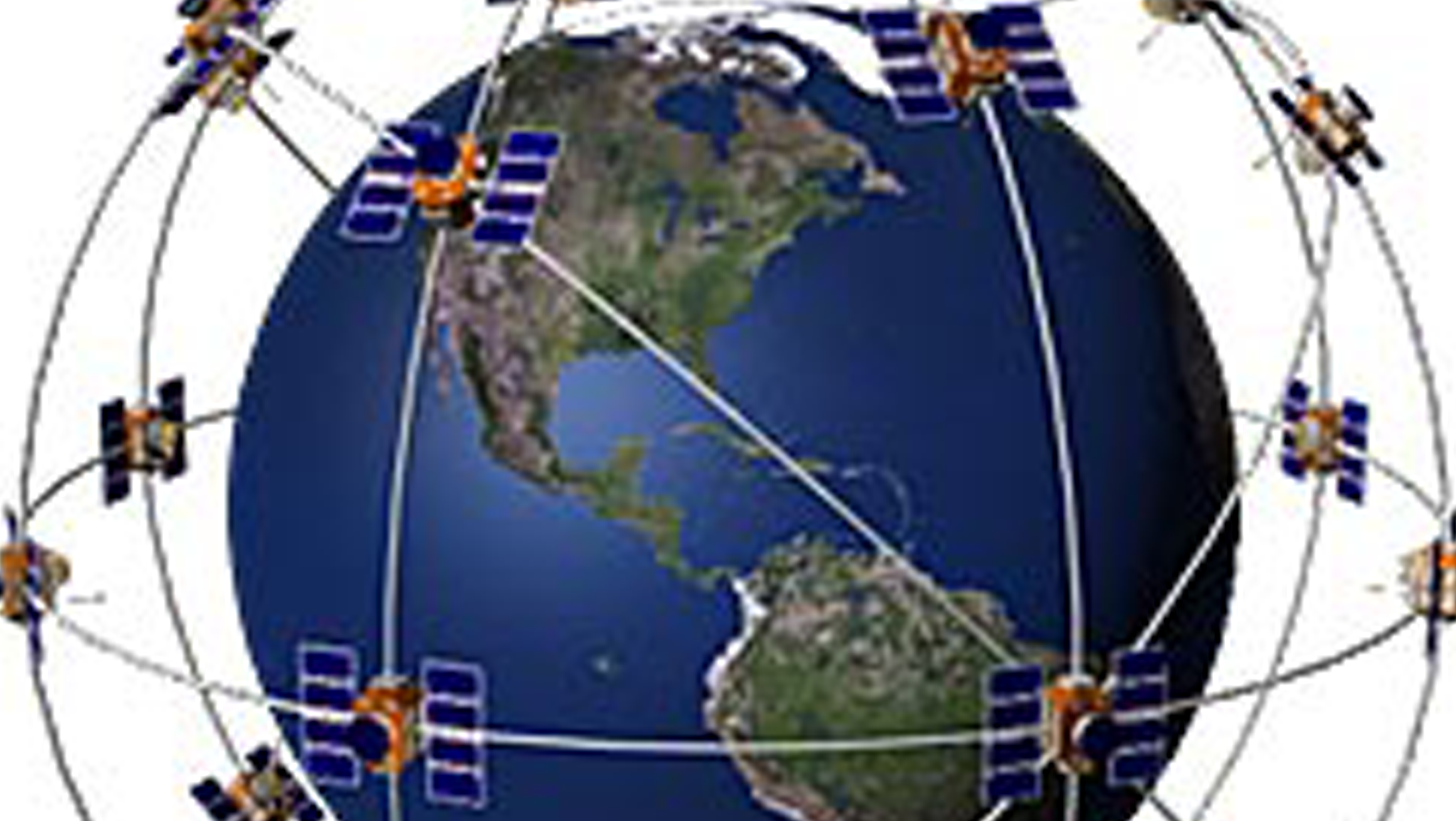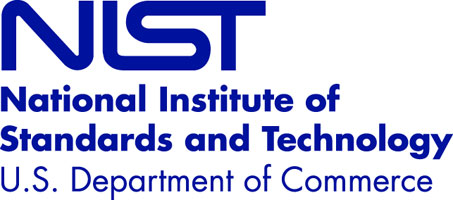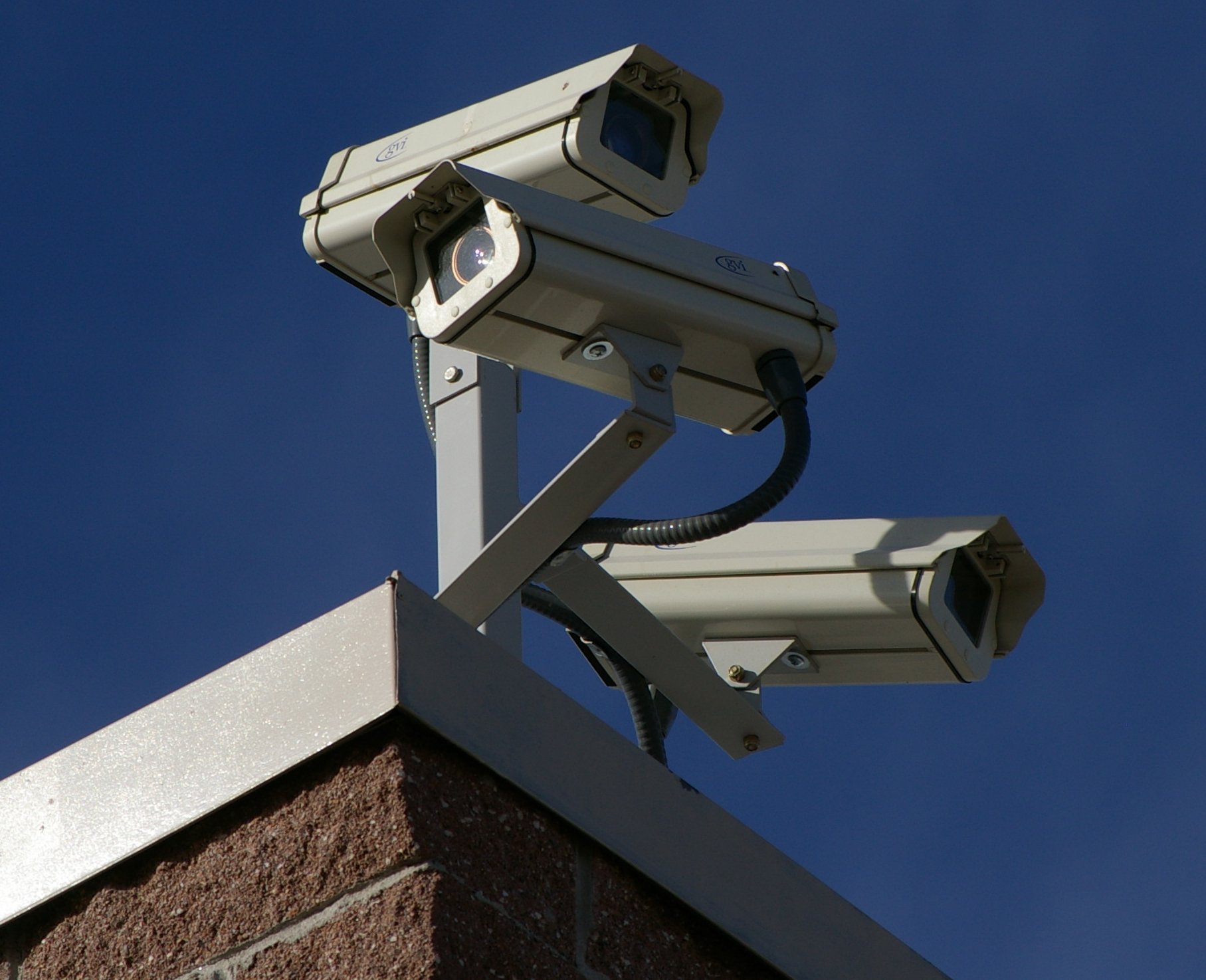The proliferation of GPS devices represent a prime example of technology outpacing the law, with profound effects on individual privacy. As of yet there is no unified law dictating when using GPS tracking is acceptable or not. Although there have been some cases on the issue, it is far from clear when businesses are allowed to track employees, when the government can track suspects (or individuals in general), when cellphone companies can track their users, or even how that data should be handled when collected.
The proposed Geolocation Privacy and Surveillance Act (hr. 1312/s. 639, or simply the GPS act) is an attempt by lawmakers to give “government agencies, commercial entities, and private citizens clear guidelines for when and how geolocation information can be accessed and used”. Information on the bill and other proposed legislation can be found at gps.gov


